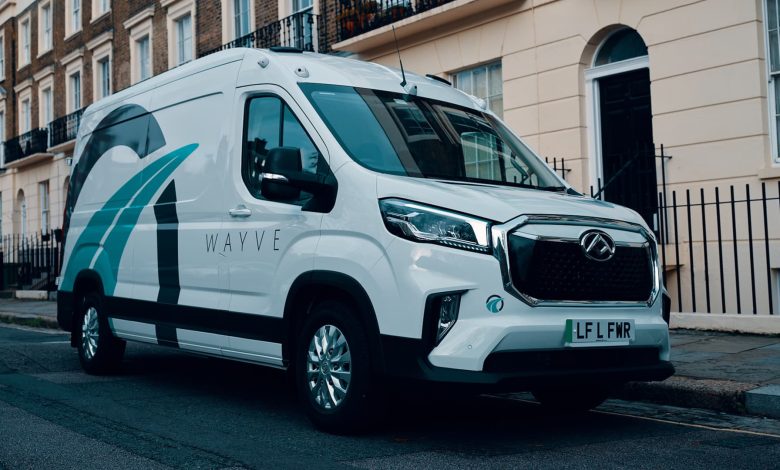Uber taps AI firm Wayve to pilot fully driverless rides in the UK

A delivery van outfitted with Wayve’s autonomous driving software is part of the fleet of vehicles making grocery deliveries across London.
Source: Wayve
Uber on Tuesday announced it’s partnered with self-driving car technology firm Wayve to launch trials of fully autonomous rides in the U.K.
The ride-hailing app said the pilot would be the first of its kind for the company, as it allow users to take Uber rides without a safety driver present — a standard of autonomous driving described by the industry as “Level 4.”
Self-driving vehicles have become a common sight in San Francisco, where Google‘s autonomous driving venture Waymo offers a commercial ride-hailing service with its driverless cars. However, other global players are racing to roll out so-called “robotaxi” services of their own.
Andrew MacDonald, president and chief operating officer of Uber, said the partnership with Wayve would move the company a step closer toward its vision “to make autonomy a safe and reliable option for riders everywhere.”
“This is a defining moment for UK autonomy,” Wayve CEO and co-founder Alex Kendall said in a statement. “With Uber and a global OEM partner, we’re preparing to put our AI Driver technology into real service on the streets of London.”
Uber said it was able to launch the pilot in the U.K. thanks to an “accelerated framework” for self-driving commercial pilots that’s being introduced by the U.K.’s Department of Transport.
Uber and Wayve said they would work closely with the government and Transport for London — which is the main authority overseeing transport in the U.K. capital — on regulatory approvals and permissions prior to launching the trials.
Backed by SoftBank, Wayve is a London-based startup that develops software to enable self-driving vehicles. Its platform uses artificial intelligence to allow cars to assess their surroundings and it’s designed to be applicable in any environment.
Last year, the U.K. passed its Autonomous Vehicles Act into law, which the government at the time said would pave the way for self-driving vehicles to arrive on British roads by 2026.



